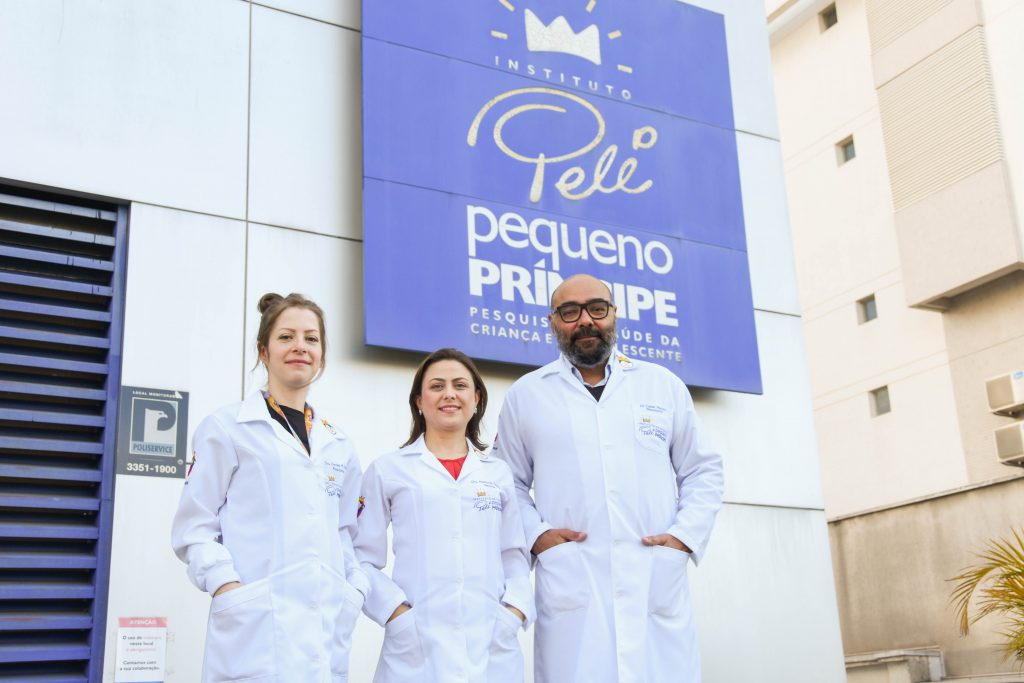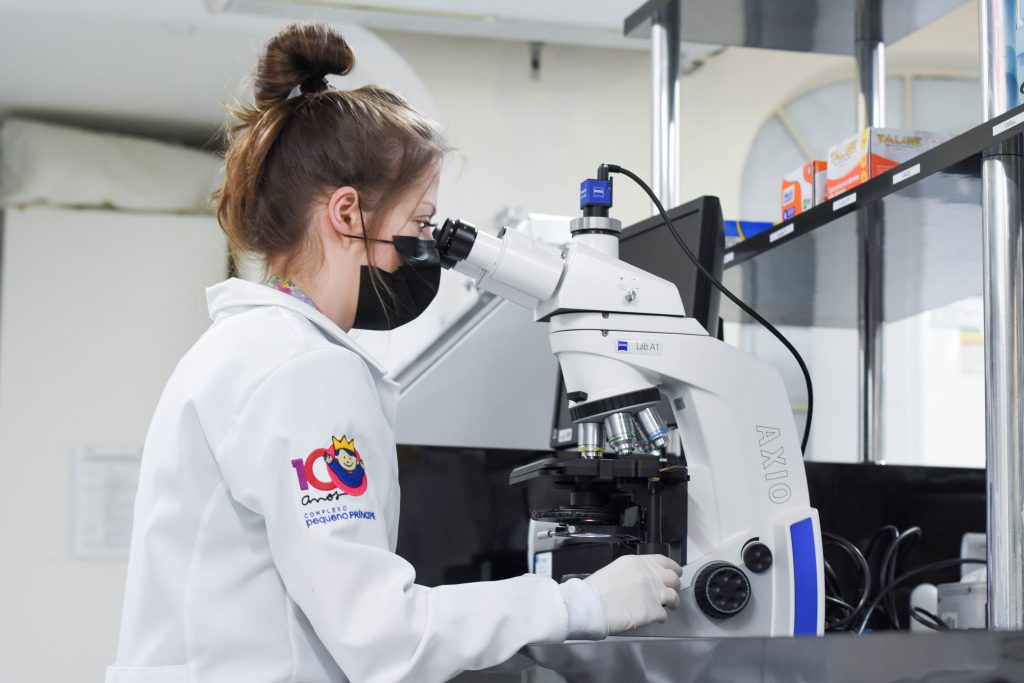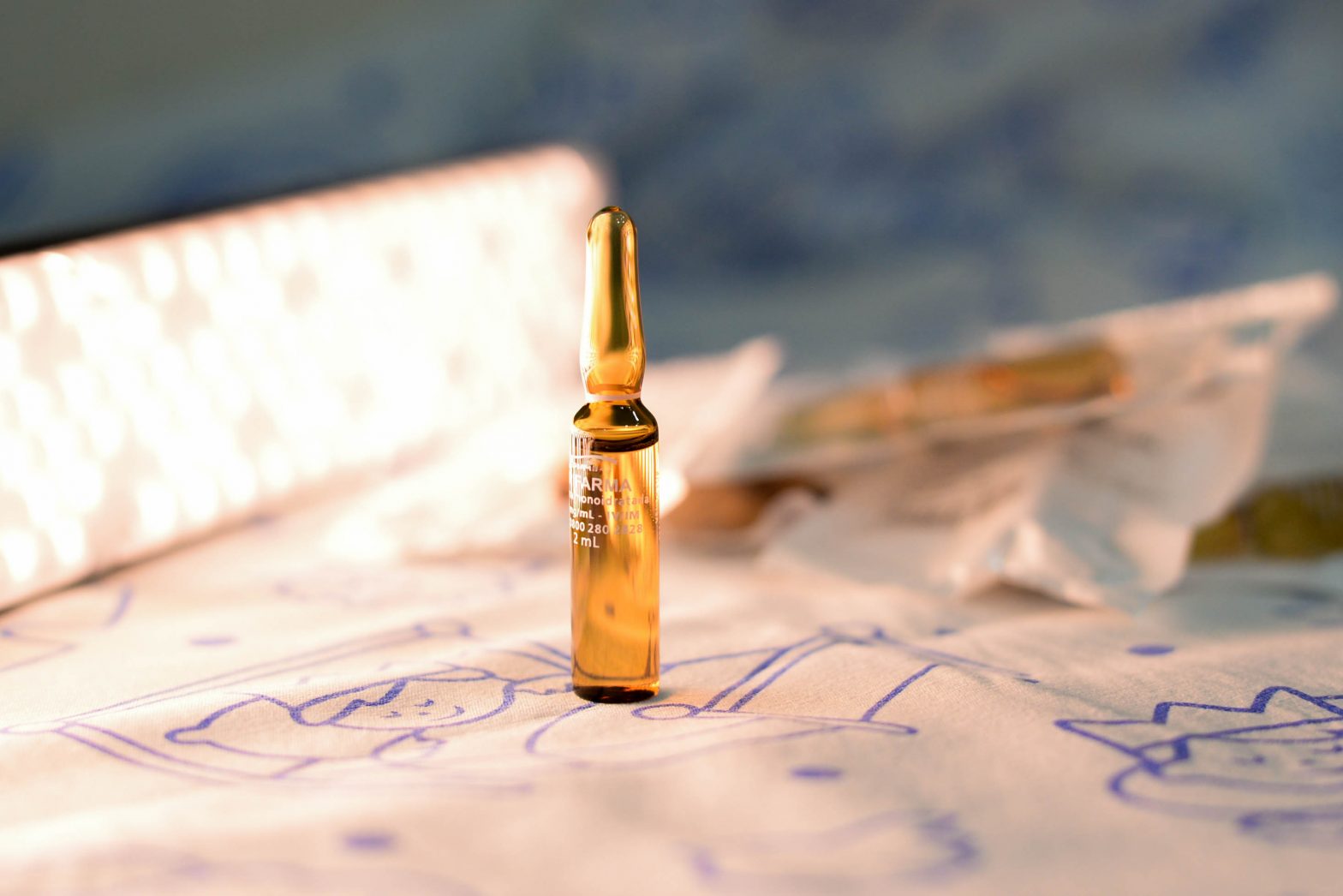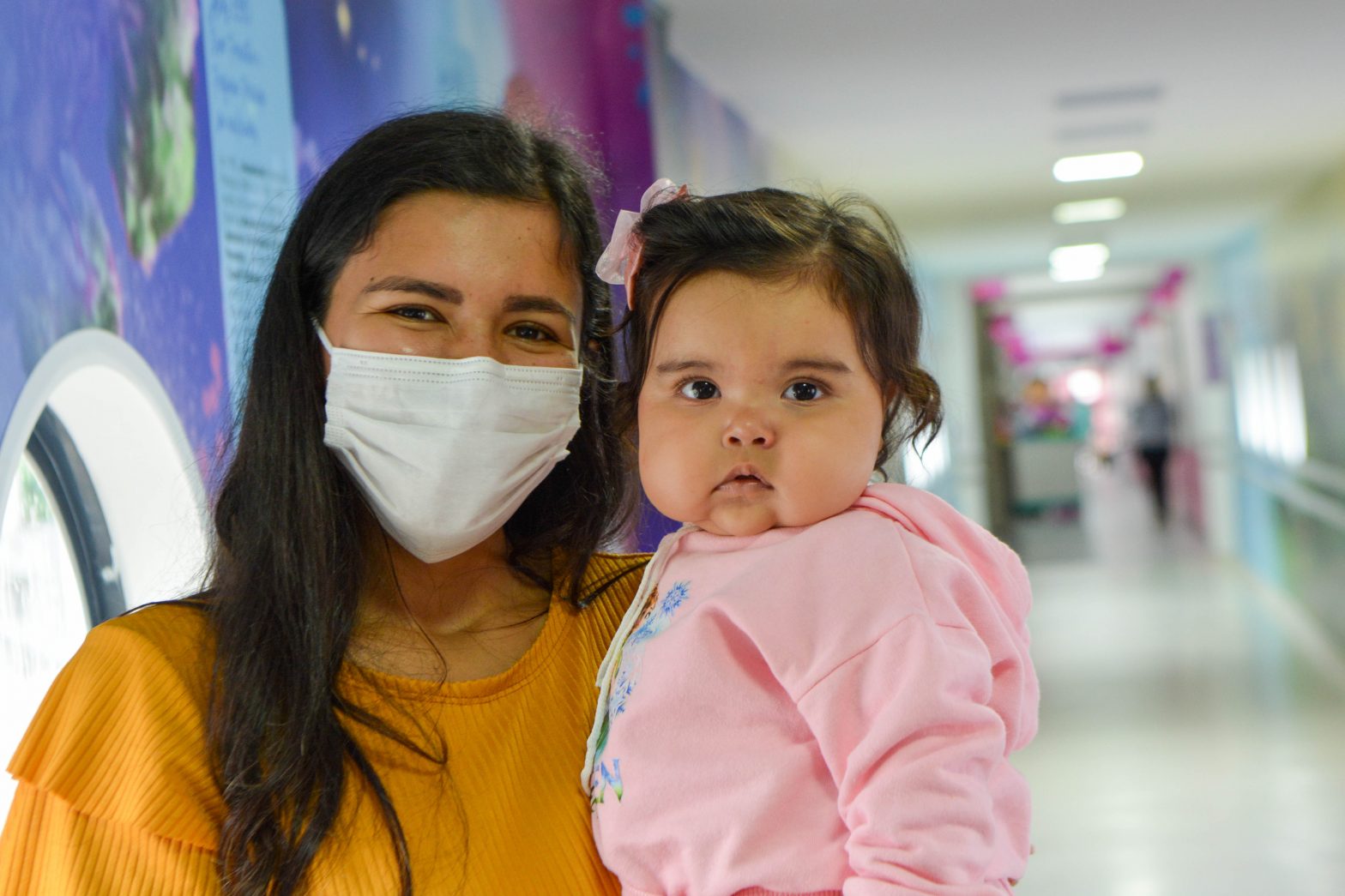Scientists are developing mouth gel to treat mucositis
The main adverse reaction of chemotherapy, oral mucositis causes intense pain and can be a gateway to other infections

A project developed by scientists from the Pelé Pequeno Príncipe Research Institute in partnership with the Federal University of Paraná (UFPR, abbreviation in Portuguese) and the Federal University of Delta do Parnaíba (UFDPar) is developing a plant-based oral gel to treat oral mucositis, the main adverse effect of antineoplastic chemotherapy treatment. “Mucositis forms large sores in the mouth, causing intense pain. These wounds can facilitate the entry of pathogenic microorganisms and the development of secondary infections in the body of patients, who are normally already weakened by the chemotherapy treatment,” explains researcher Daniele Maria Ferreira.
The raw material used for the production of the gel is ganoderma, a medicinal mushroom originally from China, which is used there to treat various diseases, including cancer. “From ganoderma we extract a compound called beta-glucan, which has anti-inflammatory, antioxidant action and activates the immune system. With these characteristics, beta-glucan contributes to the wound healing process,” points out researcher Fhernanda Ribeiro Smiderle.
According to her, this mushroom produces such a large amount of beta-glucan that it turns into a gel. After preparing the gel, tests will be carried out on cells to assess the best concentration of the product to promote cell regeneration. And it is at this point in the research that the collaboration of the Federal University of Delta do Parnaíba comes in. “They will work by placing this compound in a gel base to adjust the concentration of the active ingredient and allow better adherence of the product in the patient’s mouth,” emphasizes Fhernanda.

Scientist and dentist Cleber Machado de Souza, who is also part of the research, mentions that currently patients with mucositis find improvement with a treatment involving the application of laser. However, this treatment depends on the presence of a qualified professional and travel to a dental office. “With the gel that we are developing, the patient will be able to apply it at home, increasing access to an effective treatment and providing more comfort to patients,” he points out. Souza also states that not all hospitals that offer chemotherapy have a dental office to support patients, which further aggravates the problem.
Scientist Daniele highlights that research with ganoderma in gel opens doors to other types of products, such as an oral solution or even innovative presentations such as ice cream or gelatin-based candies, which are better accepted by children. The tests are expected to be completed by the end of 2024.
More
Growth in COVID-19 cases and high drug prices mark the first half of the year
Number of infected children was 30% higher than the total recorded in 2021; drugs had an increase of up to 120%
Shortage of specialized hospitals leads families to cross Brazil in search of care
In a country with continental dimensions, Pequeno Príncipe is the only pediatric hospital to offer high-complexity care in 35 specialties through SUS (the Brazilian Public Health System)









